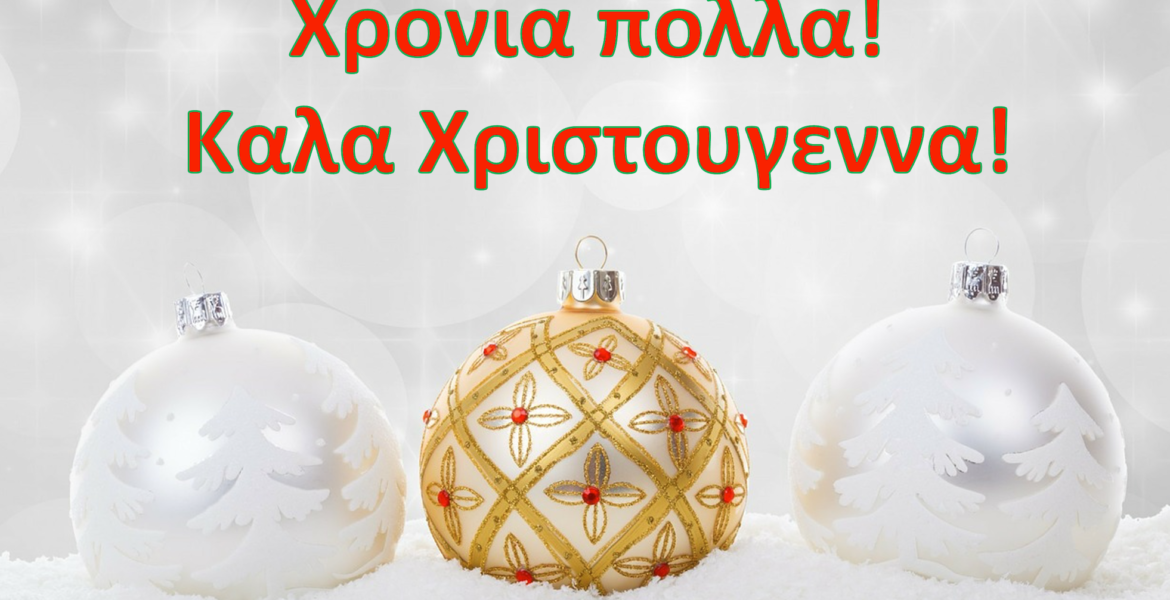The Greek term for Christmas is Christougena or Christougenna, signifying "Christ's birth." When Greeks extend festive greetings for Christmas, they express it as "Kala Christougena," wherein the apparent "g" sound is enunciated akin to a "y."
During the winter tourist season, one may encounter the variant "Kalo christougenna," although "kala" remains a valid expression. In Greek script, the festive salutation "Merry Christmas" is inscribed as Καλά Χριστούγεννα.
The Greek Influence on Xmas The Greek language has also been imprinted on the abbreviated form of Christmas as "Xmas." Despite occasional perceptions of it being disrespectful, for Greeks, it is a method of representing the word utilizing the cross symbolized by the "X." This is regarded as a perfectly respectful manner of denoting Christmas, as opposed to a casual abbreviation.
Greece boasts its unique musical customs during the holiday season. The English term "Christmas carol" derives from the Greek dance, the Choraulein, performed to accompany flute music. Initially sung during global festivals, including those in Greece, Christmas carols continue to thrive in many of the country's urban centres and quaint villages.
While children in Greece traditionally open gifts on January 1st, delivered by Aghios Vasileios (Saint Basil of Caesarea, AD 330-379), the Western European-North American tradition of Santa Claus, appearing as a jolly, kindhearted man delivering presents on Christmas Eve, has become increasingly popular in Greek households in recent years. As a result, children often receive gifts on both dates, with many mistakenly conflating the two similar, albeit distinct, traditions.
As we edge ever closer to Christmas, we explore the story of Saint Nicholas the Wonderworker, the man behind the magical story of Santa Claus. Venerated in all Christian denominations, his remarkable life, marked by selfless generosity, compassion, and secret gift-giving, has become synonymous with the spirit of Christmas. But did you know that the historical Saint Nicholas, who served as an early Christian bishop in the late 3rd-early 4th century, was Greek?
How to Express Happy New Year in Greek During the holiday season, you'll also encounter the phrase "Chronia Polla," the Greek expression for wishing a happy New Year, literally translating to "many years." It serves as a desire for a prolonged and joyous life in the years to come.
This phrase is often illuminated across the main thoroughfares of numerous Greek villages and small towns, sometimes appearing in English as "Xronia Polla" or "Hronia Polla," while the Greek script reads Χρόνια Πολλά.
The more formal New Year's greeting, albeit a tongue twister, is "Eftikismenos o kenourisos kronos," meaning "Happy New Year." Nevertheless, most Greeks opt for the simpler "Chronia Polla." If you can master both, you're certain to make a favourable impression on at least one Greek individual during your sojourn in this European nation.


